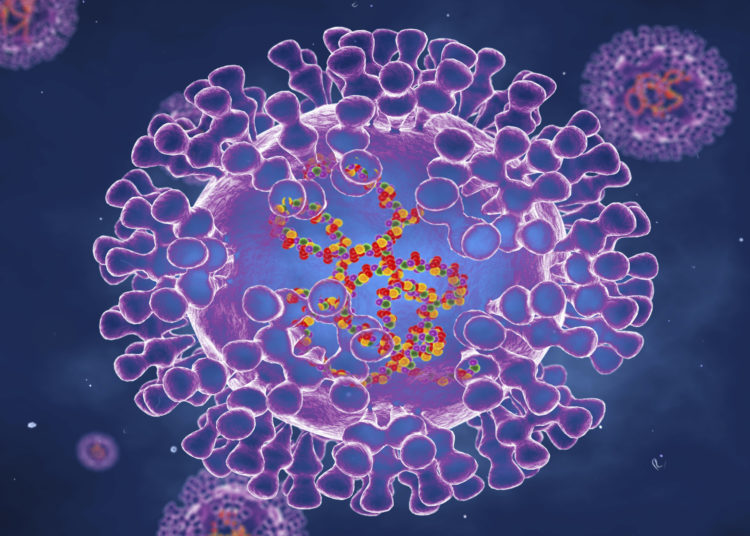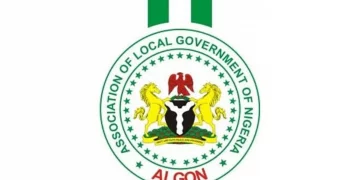Amidst growing apprehension from the public, the Nigerian Centre for Disease Control (NCDC), has confirmed the presence of Monkey pox in the country just as it confirmed 21 cases of the dreaded disease with one death in nine states and the Federal Capital Territory (FCT).
This was contained in the NCDC’s weekly epidemiological report.
The report identified the affected states as Adamawa recording five cases, Lagos has four confirmed cases; while Bayelsa, Delta, Cross River, FCT and Kano each has two confirmed cases with Imo and Rivers recording one each.
“This year, as at 29th May 2022, a total of 21 confirmed cases with one death have been reported from nine states and the FCT,” the report stated.
The centre said the only death was reported in a 40-year-old patient who had underlying co-morbidity and was on immunosuppressive medications.
However, NCDC said among the 21 cases reported in 2022 so far, there had been no evidence of any new or unusual transmission of the virus, nor changes in its clinical manifestation documented (including symptoms, profile and virulence).
The centre added that genomic surveillance was ongoing at its National Reference Laboratory in Abuja and so far all of the cases had been confirmed to be caused by West Africa clade Monkeypox virus.
The NCDC said though Nigeria’s risk of exposure to the Monkey pox virus was high based on the recent risk assessment it conducted, the current situation in-country and globally had shown no significant threat to life or the community that could result in severe disease or high case fatality rate.
Symptoms of Monkey pox, according to the centre, include sudden fever, headache, body pain, weakness, sore throat, enlargement of glands (lymph nodes) in the neck and under the jaw, followed by the appearance of a rash (often solid or fluid-filled at the onset) on the face, palms, soles of the feet, genitals and other parts of the body.
It disclosed that it had, on May 26, activated a national multisectoral Emergency Operations Centre for monkeypox (MPX-EOC) at level 2 to strengthen and coordinate response activities in-country while contributing to the global response.
The body said the measure was based on a preliminary risk assessment report done by a group of Subject Matter Experts from the NCDC, relevant government ministries, departments, agencies, and partners.





